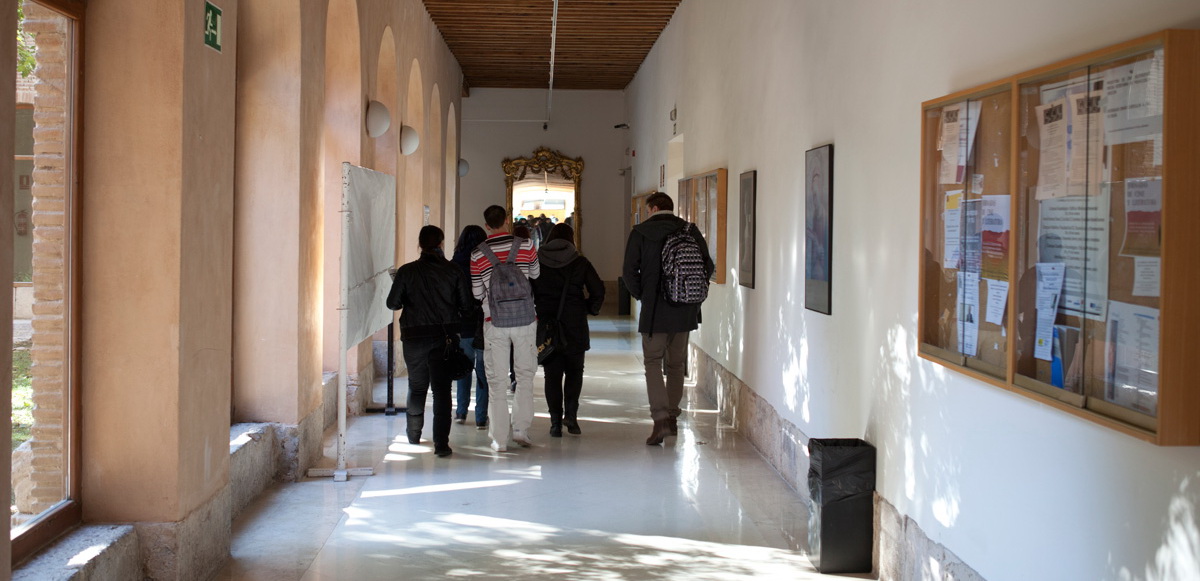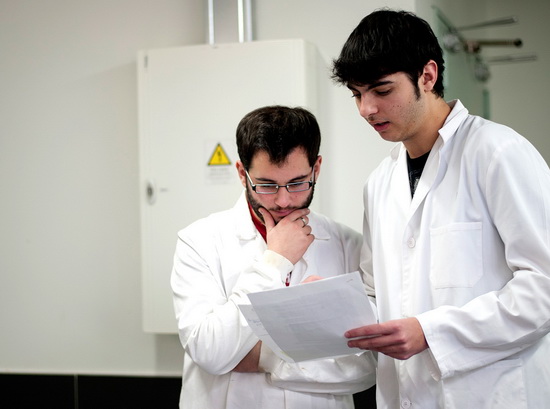
Objectives
This study aims to equip students with an interest in computing which enables them to value its applications in various contexts and involve them in the motivating and satisfying experience of learning and studying; to develop students’ ability to apply their theoretical and practical knowledge to problem-solving in the field of computer engineering; to provide students with a solid and balanced foundation of knowledge and skills in computer engineering, facilitating their ability to assess the importance of computer engineering in the industrial, economic, environmental and social spheres, and to provide them with the knowledge and professional abilities required to work in the fields of advanced computing and computer controlled equipment.
They should be able to perform the following: to apply mathematical and scientific principles to the design of hardware, software, networks and computing processes; design and implement algorithms appropriate solving problems determining their computing complexity; design, create, implement, validate and maintain specific software and hardware resources for computer-controlled systems, and their necessary hardware and software elements and systems; use the appropriate tools, techniques and methods for each specific problem, context and situation; analyse and synthesize, plan and organise, and make the appropriate decisions.
Competences
Structure and credits
| TYPE OF SUBJECT | ECTS |
|---|---|
| Basic Training (B) | 60 |
| Obligatory (Ob) | 108 |
| Optional (Opt) | 57 |
| Final Project (Ob) | 15 |
| TOTAL CREDITS | 240 |
Student profile
A sound background in computer use and an understanding of disciplines related to technology, science and mathematics is required, as well as a good level of English, imagination, and a capacity for abstraction, attention, reasoning, organisation and method, analysis and synthesis.
Professional opportunities and officially regulated professions
The demand for computer engineers with experience in design and implementation of microprocessor- and microcontroller-based systems has increased considerably in later years. These devices have extended to be used in all kind of machines in daily life, at home, at work, and on public transport.
The main area of influence of the University of Alcalá is known as the “Henares Corridor”, on the road from Madrid to Guadalajara, and contains business, infrastructures and population concentrated into a dynamic economic space, with small businesses predominating, but also includes large companies and important public institutions in the fields of aerospace and mobile industries, among others.
The social and economic development of this area means that jobs are continuously available in various sectors, where graduates in computer engineering can perform professional roles related to the training they have acquired, with a high level of demand from a number of private companies, such as Indra, and public institutions, such as I.N.T.A.
The Computer Engineering study programme has been designed according to the recommendations of the Association for Computing Machinery (ACM), enabling students to perform the following tasks:
Management, planning and supervision of multidisciplinary teams.
Technical and economic management of research and development projects in companies, organisations and technological centres.
Development of specific processors and embedded systems.
Design, management and administration of computer networks.
Design and implementation of software for computer systems.
First academic year taught
Curso 2019/20: PRIMERO, SEGUNDO, TERCERO Y CUARTO.
Academic Staff
Information leaflet
More information
- Teaching centre: Polytechnic School
- Official State Bulletin publication date: 23/03/2010
- Number of places available: 75
- Type of teaching: CLASSROOM
- Language of instruction: SPANISH, ENGLISH
- First academic year taught: 2009-10
Study plan /of adaptation to the degree / Recognition of credits
External practicums
Final Project
International Programmes and Exchanges
Movilidad nacional
Registration
Antes de realizar la matrícula es imprescindible leer la información que figura en el apartado de planificación de la enseñanza y toda la información detallada siguiente:
Regístrate para obtener usuario y contraseña
Protección de datos personales
ACCESO AL PROGRAMA DE AUTOMATRÍCULA






